Easing the burdens of old age
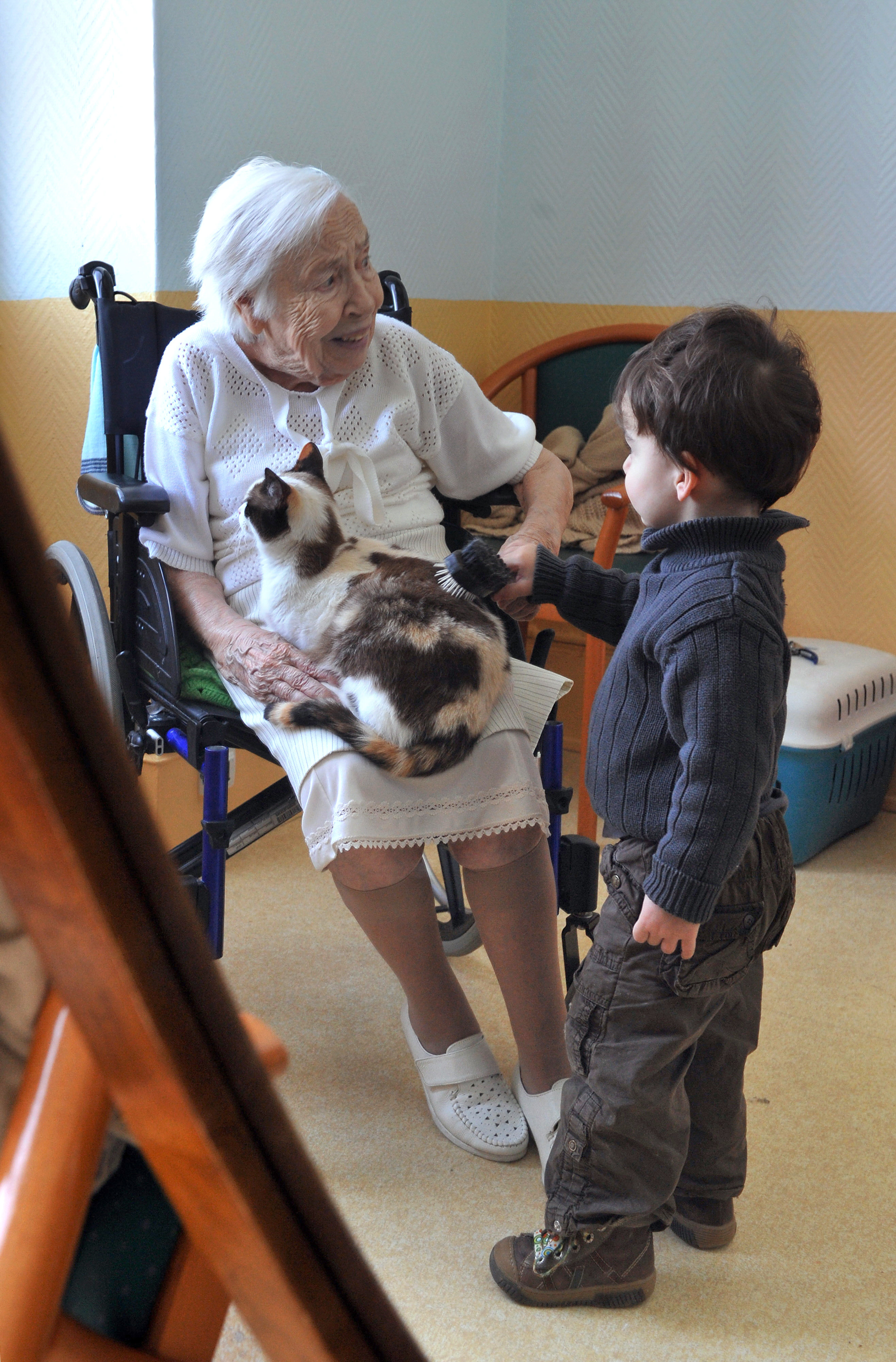
As the number of people suffering from dementia rises, innovative solutions are being sought to make life easier for them and their carers.
Switzerland currently has the highest life expectancy in Europe, and one of the highest in the world.
But longevity comes at a price. Of course, not everyone who reaches a ripe old age will necessarily end up with dementia, but growing old often means that the brain starts to deteriorate.
It may shrink, causing sufferers to become confused and forgetful, to lose their sense of space and time, and no longer be able to recognise their loved ones.
It is tough – on sufferers, and also on their family and friends.
Research conducted for the Allianz Suisse insurance company suggests that by 2050 the number of people in Switzerland suffering from dementia is likely to have risen from the current 111,000 to about 266,000.
Worldwide, the number is like to be more than 115 million by the same date – three times as many as now.
National policy
About 60 per cent of dementia sufferers are currently cared for at home. Family members often find themselves driven to their wits’ end.
But care homes also have to cope with large numbers of sufferers, and it is not easy for them either.
As the numbers rise, there is an urgent need for new ideas.
That’s why the Swiss Alzheimer’s Association has been calling for years for a national dementia strategy.
It wants the state to find strategies and funds that will enable sufferers, their families and professional carers to “live with the illness as well as possible”.
“Stimulating the remaining abilities and the independence of dementia sufferers can significantly delay their need for help,” the association says.
Technological help
A number of aids are already available to help dementia patients achieve the greatest possible autonomy and quality of life.
One is a small portable device with integrated GPS technology, which enables a sufferer to move around freely within a defined area. If they try to leave it, this triggers a text message alarm. Carers then know where the person is and how fast they are moving.
This enables patients to keep some of their old habits a little longer, and to follow their compulsion to move around. They can also carry on with some kind of social life.
Another important aid is sensors, which can be fixed to such things as doors and the edges of beds. As soon as the patient gets out of bed or goes out of the door, an alarm is triggered.
Knowing they will be awoken if necessary, carers can then get at least a few hours’ untroubled sleep without feeling they have to be listening out all the time for what the sufferer might be doing.
“When the right technical aids are used for the specific stage of the dementia process, the independence and autonomy of sufferers can be preserved as long as possible,” gerontologist Helmut Mazander told a conference on the security of dementia patients in Basel.
Dementia village
Mazander wants to see a more relaxed and innovative approach to people with dementia.
“Dementia is normal. It’s part of life. We must learn to live with the phenomenon and not to try to sweep it under the carpet,” he said.
“All too often people with dementia are shut away.“
But that is not always the case. The Sonnweid care home in Wetzikon near Zurich is regarded as a model: dementia sufferers can move around freely within its grounds. The doors are unlocked. Only the garden is fenced.
Another idea is Switzerland’s first dementia village, based on Hogewey in the Netherlands. It will be in Wiedlisbach in canton Bern, and it is hoped to open it in the next five or six years.
The village will have a medical practice, café, kiosk and cinema. The villagers will be able to move around freely within a protected area, giving them a feeling of independence.
Brigitta Martensson, the director of the Alzheimer’s Association, welcomes the project as a good option for people with advanced dementia.
But Mazander is more cautious.
“We must think about how we can create the maximum autonomy in an open environment, so that people feel that they are living in a village,” he explained.
He stressed that it’s important that the village shouldn’t be cut off from the rest of the world, fenced off behind a high wall.
“Otherwise you might as well build a large, modern care home, and there’s no need to make a song and dance about it.“
For him the point is that sufferers should feel free and secure.
“And that’s possible, if the staff are well trained, specifically for dementia, and if family members are involved in the process.”
There are more than 50 illnesses grouped under the name of dementia.
Alzheimer‘s is the commonest form.
Dementia patients suffer from loss of memory as well as other dysfunctions of the brain. Together, these lead to a loss of independence.
Age presents the greatest risk of suffering from dementia.
About 8 % of over-65s are estimated to suffer from Alzheimer’s or another form of dementia.
(Source: Swiss Alzheimer’s Association)
In 2050 there are likely to be more than 115 million dementia sufferers worldwide.
In Europe the figures are expected to rise from 10 million today to nearly 19 million.
Today in the EU there are two dementia sufferers for every 100 people in the job market aged between 15 and 64. In 2050 there are likely to be five.
Switzerland today has more than 110,000 dementia sufferers. By 2050 it is likely to be 266,000 gerechnet.
About 20,000 new cases of dementia are diagnosed in Switzerland every year.
Dementia in Switzerland is reckoned to cost about SFr7 billion ($7.6 billion) per year.
Dementia is usually an illness of older people, and the risk increases with age.
However in rare cases, people in their 30s, 40s, and 50s may be affected.
(Translated from German by Julia Slater)

In compliance with the JTI standards
More: SWI swissinfo.ch certified by the Journalism Trust Initiative
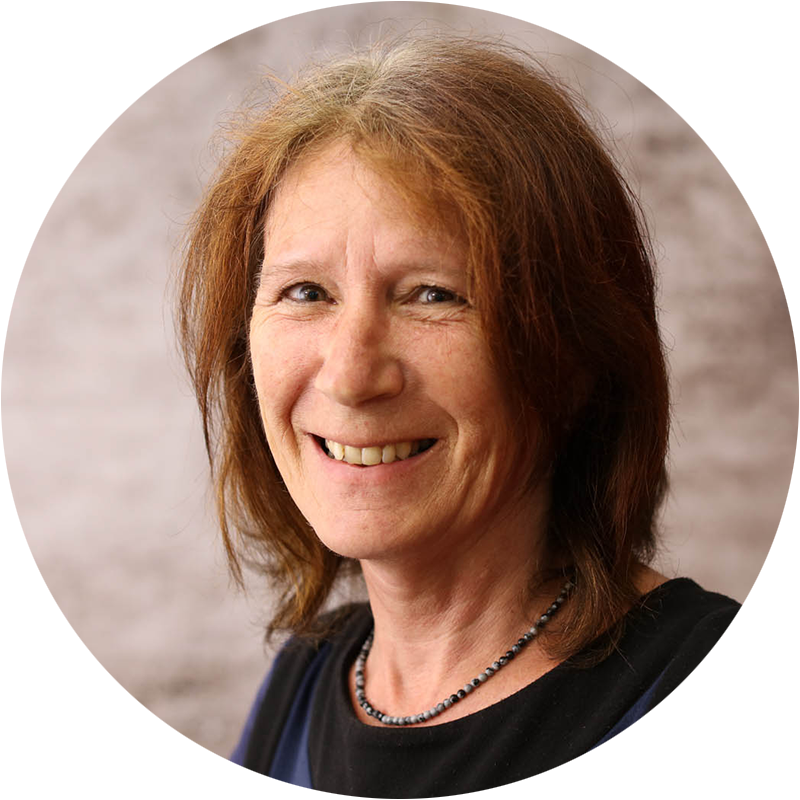
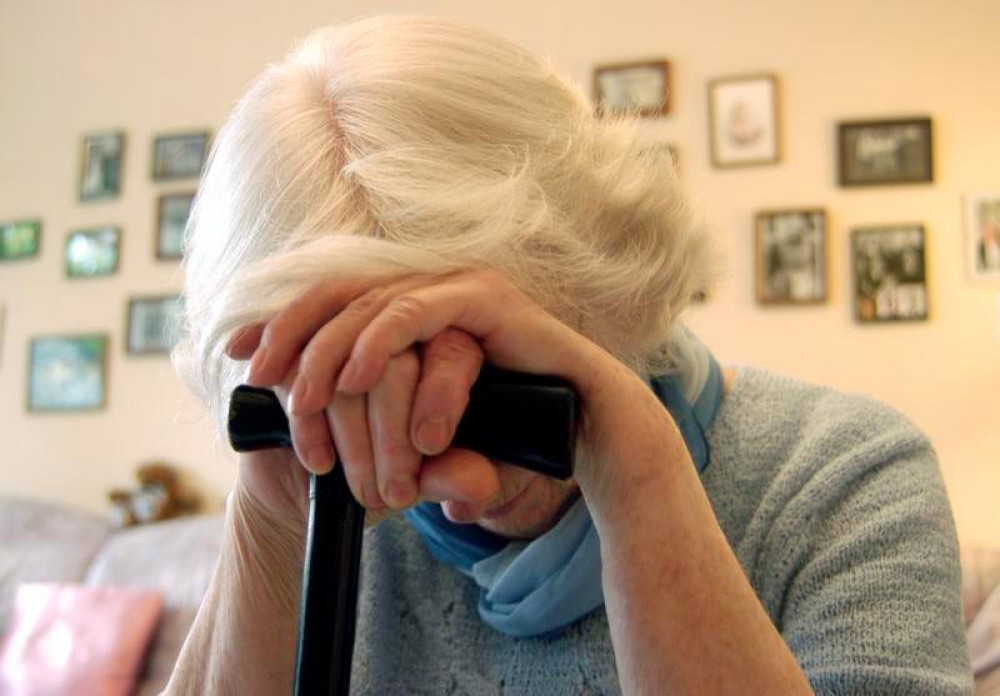
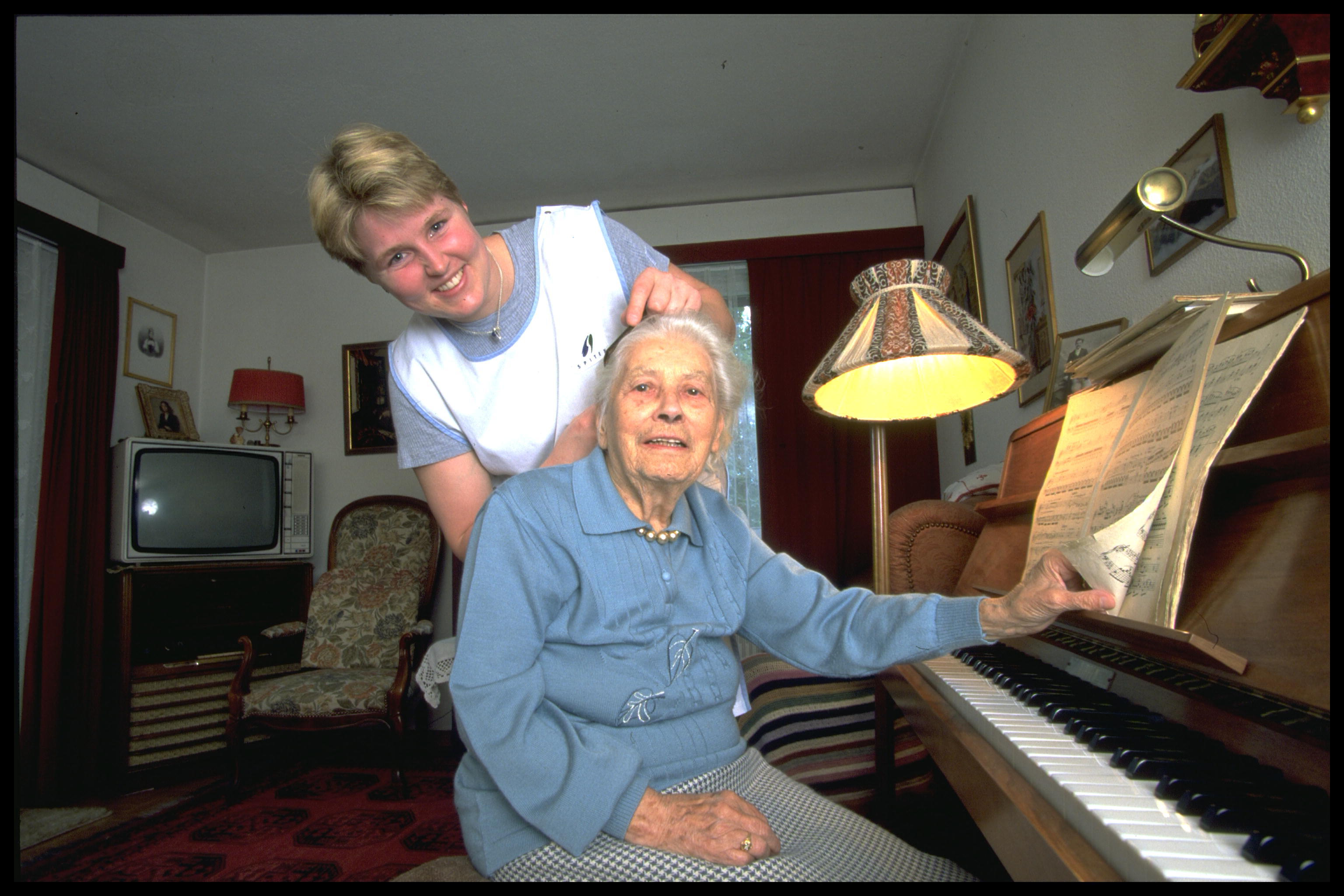
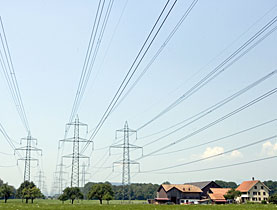
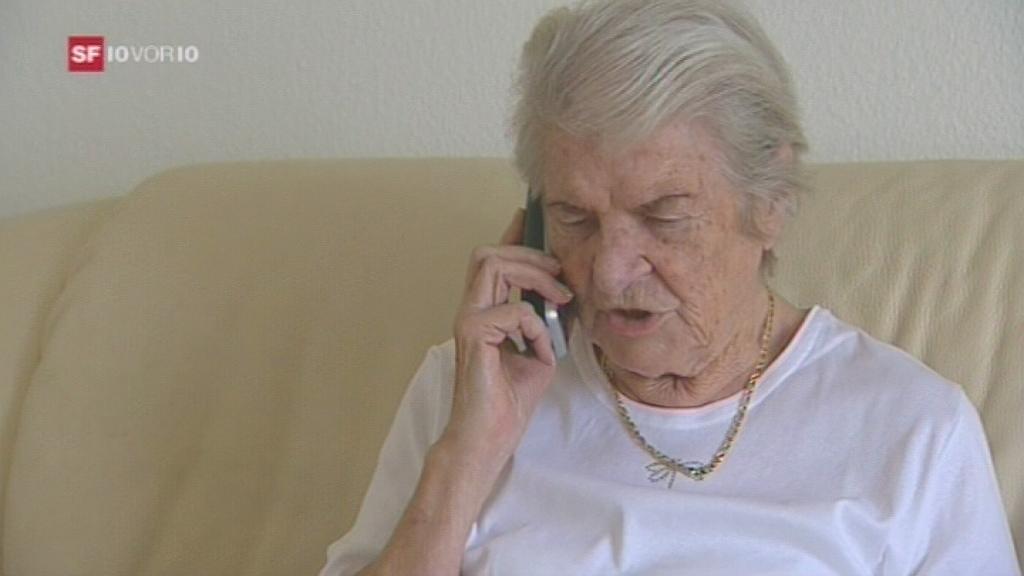
You can find an overview of ongoing debates with our journalists here. Please join us!
If you want to start a conversation about a topic raised in this article or want to report factual errors, email us at english@swissinfo.ch.